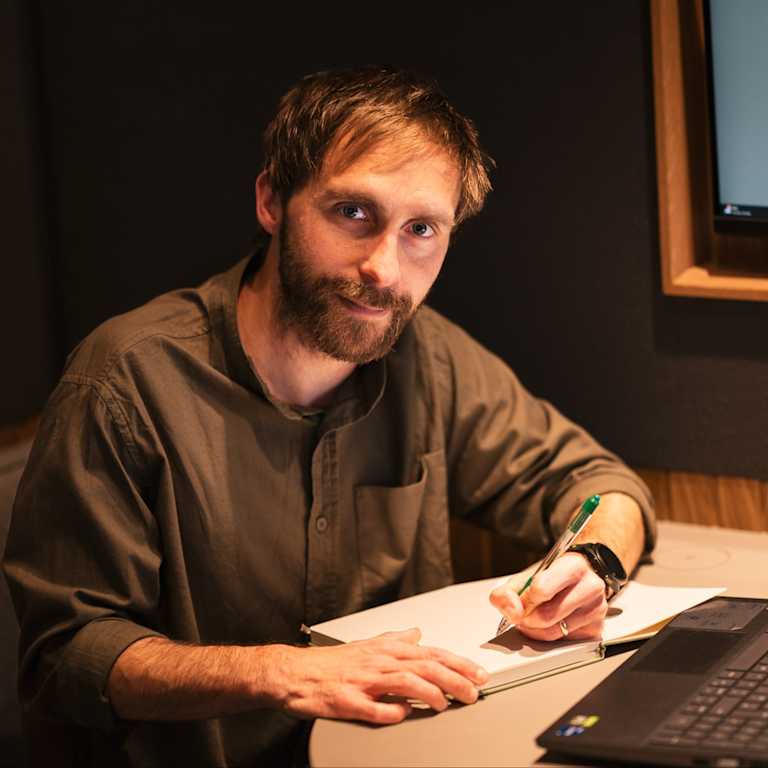
News
Heliguy Interviews Cumbria Police
Having recently completed our Bespoke Training, Heliguy caught up with Chief Inspector Matthew Kennerley to find out what he thought of our tailor-made course. ... Read More

As a CAA approved drone training provider, Heliguy is always running courses in a range of UK locations helping aspiring pilots to gain their PfAW (Permissions for Aerial Work). However, we also offer bespoke, tailored training courses to emergency services departments and large industrial clients.
Learn more about the 'workhorse' of DJI's range the Inspire 1
We value our close ties to police and fire departments across the UK and have recently completed a course with officers from Cumbria Constabulary. This involved running them through a tailor-made training regimen to suit their needs, providing them with the experience of drone piloting in real world scenarios.
The Interview
We’ve kept in touch with Chief Inspector Matthew Kennerley of Cumbria Police to find out what he thought of our training course and the rising usage of drones for police and emergency services, read on for his opinions.
What made Cumbria Police decide to incorporate drones into their operations?
MK: Police forces have traditionally used helicopters to support specific operations and tactics and which also requires a number of officers. However, these resources are expensive and have to travel long distances to be used effectively in the County. I was approached by officers with experience of using or seeing drones who were able to highlight some key benefits and we began a project to see what they could offer.
How does the addition of drones affect the way you work?
MK: Drones can change the way we work, from requiring less staff 'on the ground' to giving commanders live images from an incident to support their decision making. They can keep officers and other emergency service colleagues safer, by conducting searches of high-risk areas.

They can also keep the public safer by allowing us to move close to reported threats without having to confront them with traditional tactics. Drones provide high-quality evidence that can also be used in court.
Why did you choose to train with Heliguy?
MK: We had spoken to a number of companies in relation to training. Heliguy offered a bespoke solution, working with us and our specific requirements, to deliver an enjoyable yet testing course. You delivered the necessary understanding of the flight systems and hardware, balanced with ground school and legislative foundations and also practical implications and training. The team used scenarios relevant to policing and demonstrated their wide experience in all areas of drone flying.
Find out about our machine-specific scenario-based Bespoke Training
Training with Heliguy also allows us access to a 'one stop shop' for procurement, training and maintenance which is very useful as there is often a crossover. The course also demonstrated a clear focus on 'safe flying' which integrated with our own core values for use of drones.
Did you feel that our bespoke course was tailored effectively?
MK: The training went very well and we were fortunate enough with the weather to receive our practical flight training, as well as classroom based input. The course used scenarios and built up our knowledge each day.

It gave the team a really comprehensive understanding of our flight platform as well, which will be critical for taking care of our equipment and ensuring safety.
How would you rate Heliguy's training team?
MK: The team were very professional but also friendly, knowledgeable and experienced. They were flexible to incorporate any changes we required and I would have no hesitation in recommending them to others.
What would you consider to be the most useful part of the course?
MK: The practical aspect of the course was the most useful to us, with the team getting us 'hands-on' very quickly which assisted our learning. I think the balance was very good between the practical, scenario, hardware and ground school components.
What advice would you give to other emergency services departments interested in taking one of our courses?
MK: I would contact the team in good time to give them the best understanding of the practical uses you wish to undertake with drones, so they can work this into the course.

If you are looking at flight training, use a venue where your classroom and flight area are in close proximity to give you the best flexibility, depending on the weather. Consider how you select staff to attend as it takes a specific skill set to be able to effectively deploy with drones.
What did you and your colleagues think of the course overall?
MK: I have had multiple officers report to me that the course was the 'best course they have ever done' which is high praise indeed given the diverse courses many of my colleagues have completed.
Training with Heliguy

However, to benefit fully from the addition of drones to your operational provision, you must ensure that industry specific training has been undertaken to prepare you for the reality of usage in the field. Having been a part of the drone marketplace since its inception, Heliguy is able to offer machine-specific, real-world scenario training which will allow you to maximise the potential of your drone services.
To find out more about our Bespoke Training for emergency services and the industrial sector, follow the link. You don’t have to be in the emergency services or a large industrial company to benefit from Heliguy’s approach to drone training, visit our Drone Training page and learn what Heliguy can offer you.
Get in Touch
If you would like to find out anything else regarding the information covered in this article, don’t hesitate to contact our customer support team.
